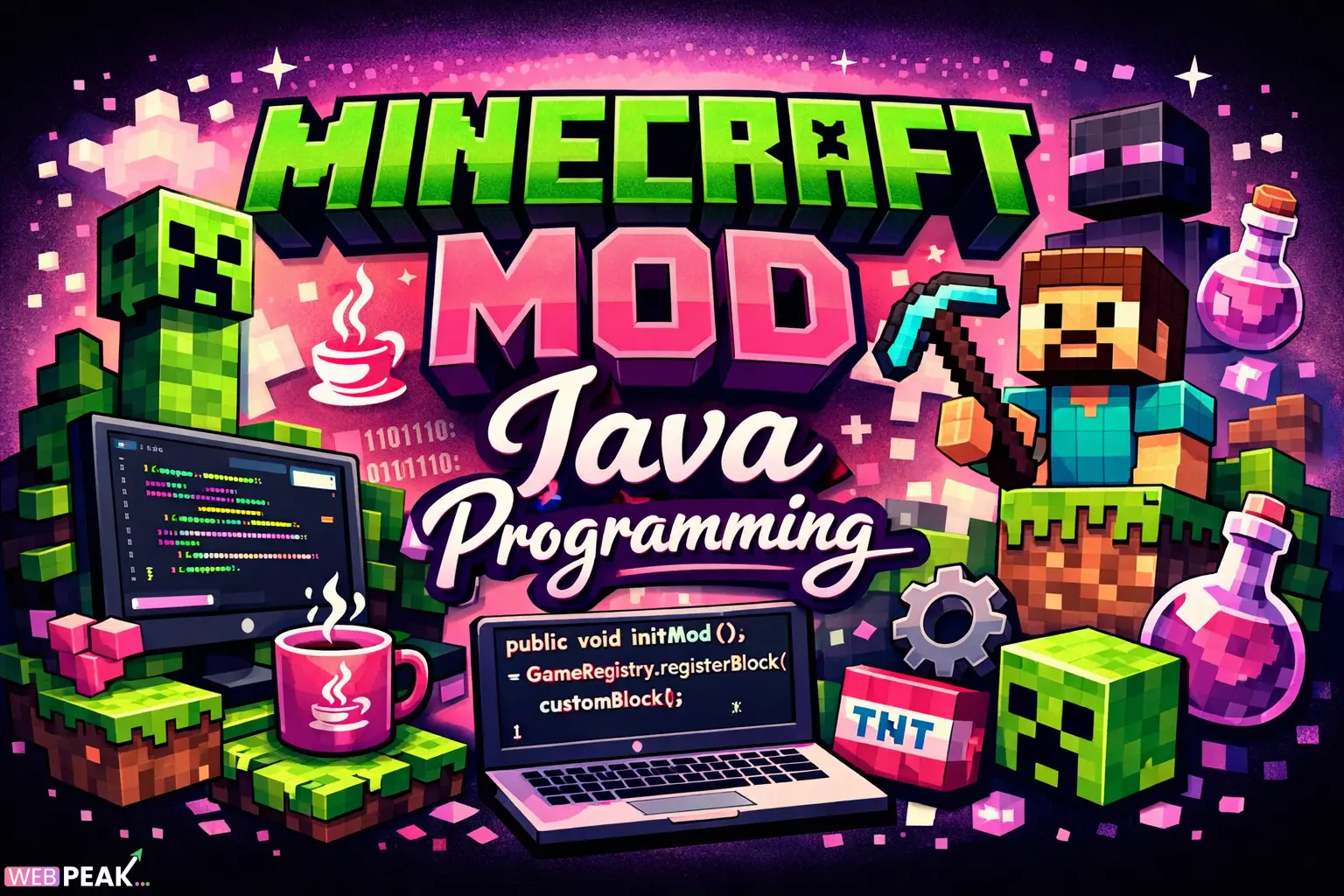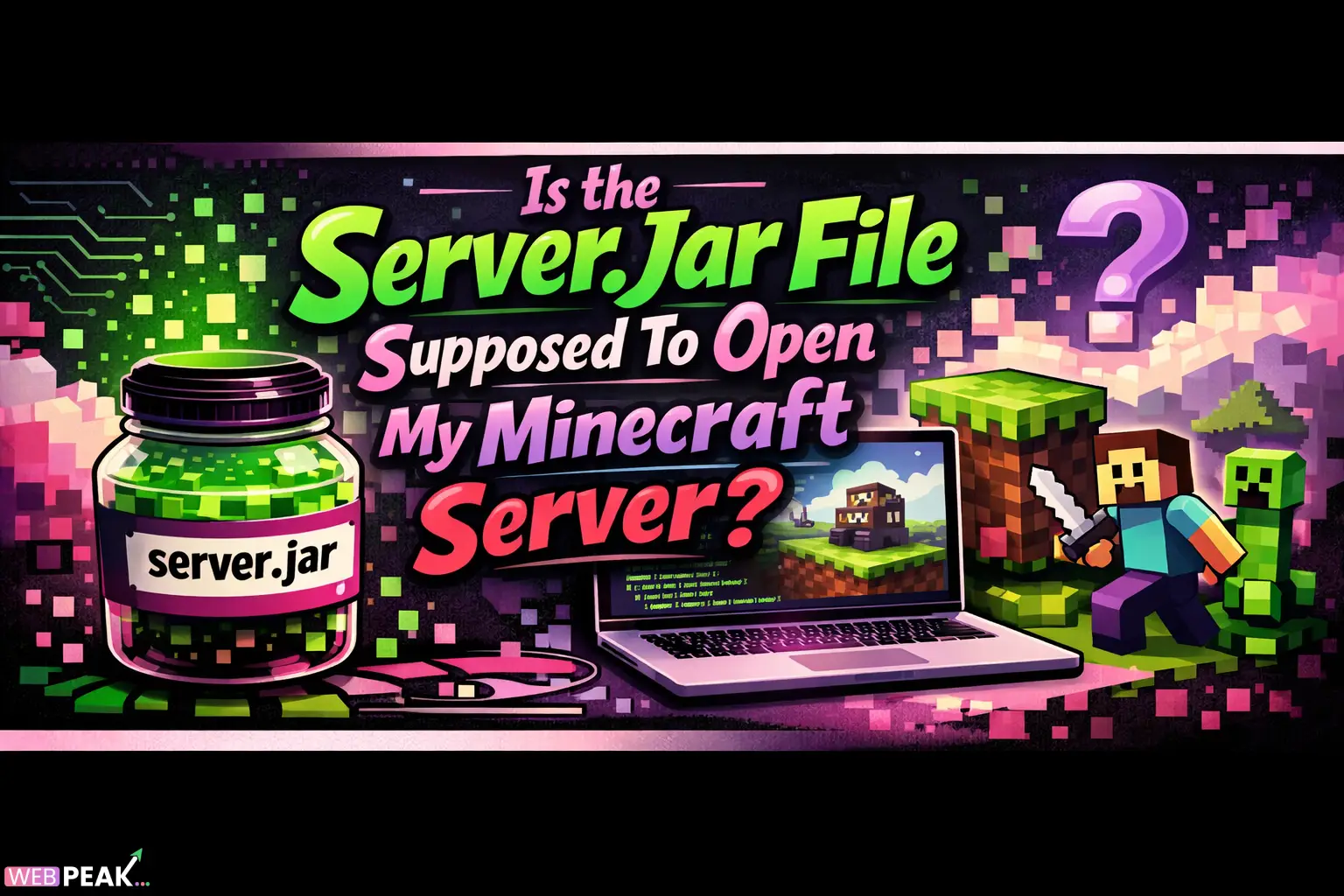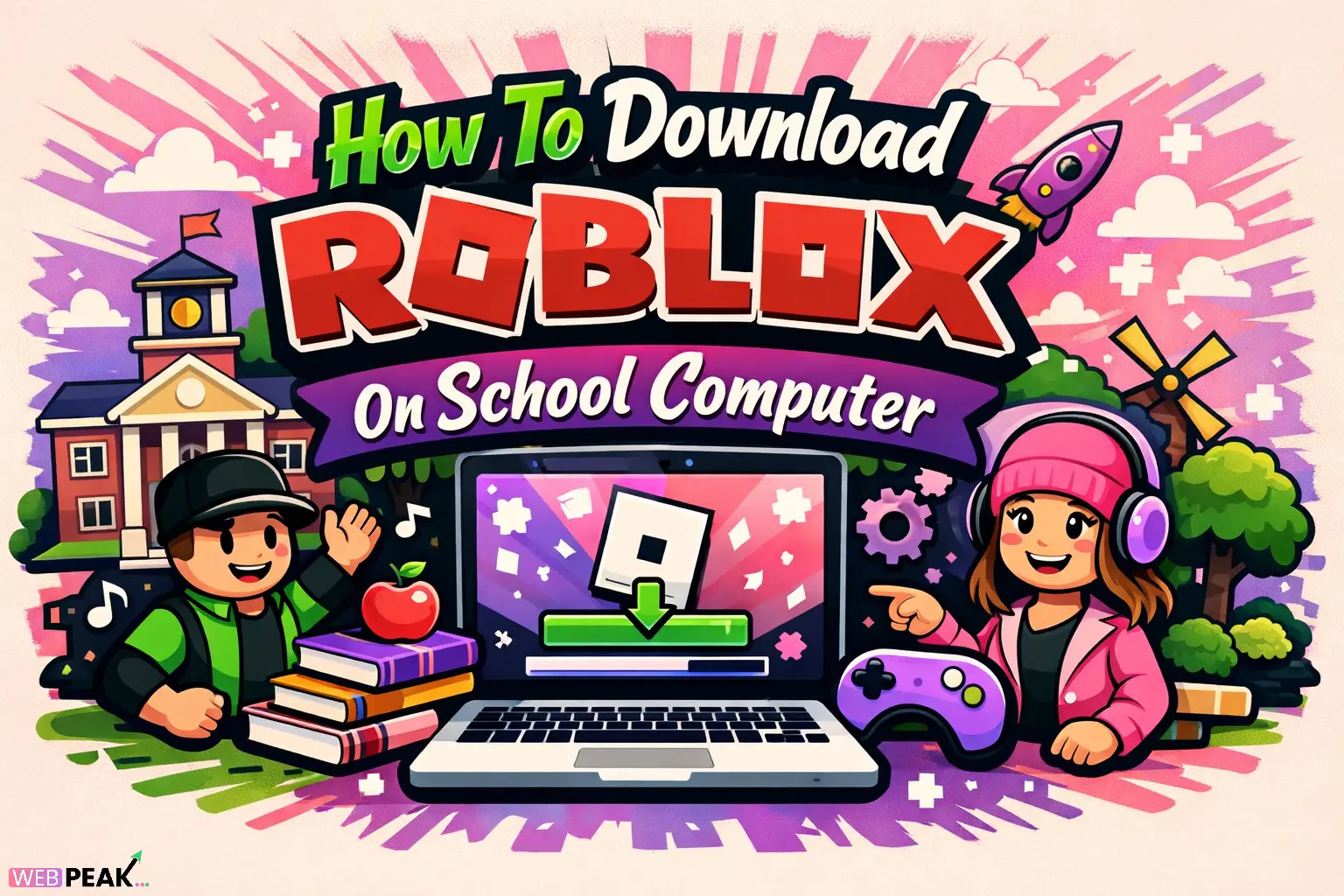Content Marketing vs Digital Marketing: What’s the Difference?
In today’s highly competitive online landscape, businesses need a strong digital presence to thrive. While terms like content marketing and digital marketing are often used interchangeably, they are not the same. Understanding the difference between the two can help brands make smarter marketing decisions and invest their resources wisely. This article dives deep into what sets them apart, how they work together, and why both are essential for business success.
What is Digital Marketing?
Digital marketing is the broad umbrella term that encompasses all marketing efforts carried out using digital channels. From search engines to social media platforms, email campaigns to pay-per-click ads, digital marketing covers a wide range of strategies designed to promote a product, service, or brand online.
The goal of digital marketing is to reach a wider audience, generate leads, and drive conversions. It often includes techniques such as:
- Search Engine Optimization (SEO): Optimizing websites and content to appear higher in search results.
- Pay-Per-Click Advertising (PPC): Paid ads on platforms like Google or social media.
- Email Marketing: Personalized email campaigns to nurture leads and customers.
- Social Media Marketing: Building brand awareness and engagement through platforms like Facebook, Instagram, LinkedIn, and TikTok.
- Affiliate and Influencer Marketing: Collaborating with external partners to promote products or services.
What is Content Marketing?
Content marketing, on the other hand, is a subset of digital marketing. It focuses on creating and distributing valuable, relevant, and consistent content to attract and engage a clearly defined audience. Instead of pushing sales messages, content marketing aims to build trust and establish authority over time.
Examples of content marketing include:
- Blog Posts: Articles that educate, inform, or entertain audiences while showcasing expertise.
- Videos: Engaging clips, tutorials, or explainer videos that capture attention.
- E-books and Whitepapers: In-depth resources for audiences seeking detailed information.
- Infographics: Visual content that makes complex information digestible.
- Podcasts: Audio content to engage audiences on the go.
Key Differences Between Digital Marketing and Content Marketing
While both aim to promote business growth, there are clear differences between digital marketing and content marketing. Let’s break them down:
1. Scope
Digital marketing is the overarching strategy that covers multiple channels and tactics. Content marketing is just one of those tactics, focused primarily on content creation and distribution.
2. Approach
Digital marketing can sometimes be direct and sales-oriented (e.g., PPC ads encouraging immediate purchases). Content marketing, however, takes a long-term approach, building relationships by providing value before asking for a sale.
3. Goal
The main goal of digital marketing is visibility, lead generation, and conversions. Content marketing’s primary goal is to engage audiences, establish trust, and nurture them into customers.
4. Timeframe
Digital marketing tactics like paid ads can produce fast results. Content marketing often requires patience, as it builds momentum over time but can deliver more sustainable long-term results.
How Digital Marketing and Content Marketing Work Together
It’s not a matter of choosing one over the other. Instead, the most successful businesses integrate both. Digital marketing amplifies the reach of content marketing, while high-quality content enhances digital marketing campaigns. For example:
- SEO relies heavily on valuable content to rank higher in search engines.
- Email campaigns perform better when supported by useful blog posts or e-books.
- Social media marketing thrives when engaging content is consistently shared.
- PPC campaigns are more effective when the landing pages provide compelling content.
By aligning the two, businesses create a marketing ecosystem that not only attracts audiences but also nurtures them through the entire customer journey.
Which One Does Your Business Need?
The answer is simple: both. If your brand wants to increase visibility, digital marketing strategies such as PPC and SEO are essential. At the same time, without a steady stream of high-quality content, your digital marketing efforts may lack depth and fail to connect with audiences meaningfully.
A balanced approach ensures that while your brand reaches as many people as possible through digital channels, it also provides value, builds trust, and positions itself as a thought leader through content.
Getting Started with the Right Partner
Implementing both digital marketing and content marketing strategies requires expertise and resources. Partnering with a professional agency ensures you don’t just execute campaigns but also achieve measurable results. For businesses looking to grow their online presence, WEBPEAK is an excellent choice. As a full-service digital marketing company, WEBPEAK offers web development, SEO services, and digital marketing solutions that can take your business to the next level.
Final Thoughts
Content marketing and digital marketing are closely connected but serve different purposes. Digital marketing encompasses all online promotional efforts, while content marketing focuses specifically on creating valuable content to engage audiences. When used together, they form a powerful strategy that enhances visibility, builds trust, and drives conversions.
Businesses that understand this distinction and invest in both areas are more likely to succeed in today’s digital-first world. Whether you are a startup or an established brand, combining the strengths of digital and content marketing will help you reach the right audience and grow sustainably.





